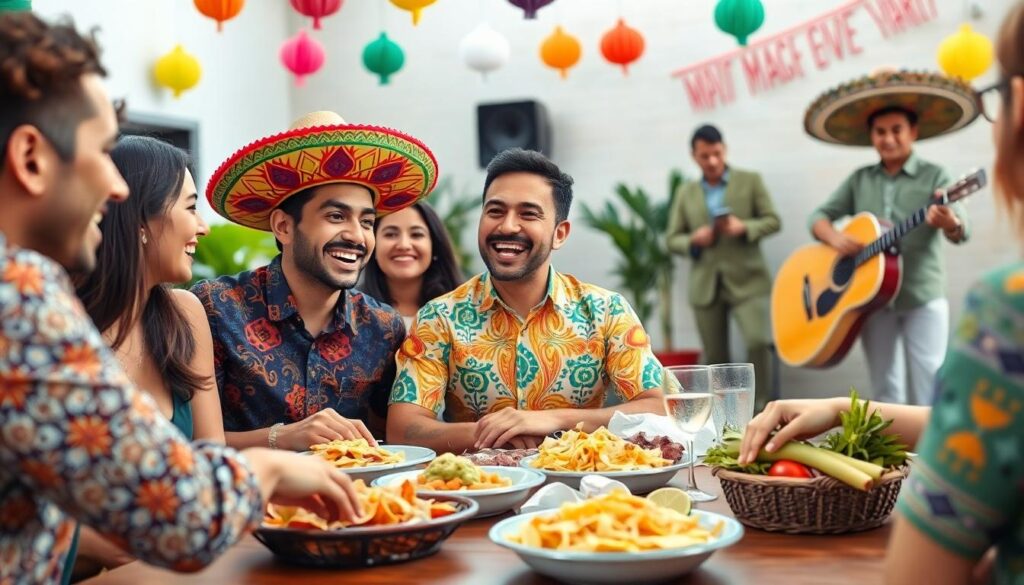Looking for some laugh-out-loud Mexican humor? We’ve rounded up the most hilarious Mexican jokes and puns that’ll spice up your day faster than a jalapeño on taco night! Whether you’re planning a fiesta or just need a good chuckle, these witty one-liners are perfect for sharing with friends and family.
10 Hilariously Spicy Mexican Jokes and Puns to Salsa Up Your Day
- Why don’t scientists trust atoms from Mexico? Because they make up everything south of the border! This classic wordplay combines science humor with a geographical twist that’ll make your friends groan with delight.
- What do you call a Mexican who’s lost his car? Carlos! Simple yet effective, this name-based pun plays on the phrase “car loss” and never fails to crack up a room.
- How do you organize a fantastic Mexican party? You taco ’bout it! We’ve found this pun works perfectly when inviting friends over for dinner, especially when actual tacos are on the menu.
- What did the Mexican firefighter name his twin sons? José and Hose B! This clever wordplay on Spanish names and firefighting equipment always generates laughs at family gatherings.
- Why did the Mexican take Xanax? For Hispanic attacks! Blending medical terminology with a play on “Hispanic,” this joke requires just the right audience but delivers big laughs when shared appropriately.
- What do you call a Mexican who’s tall enough to reach the top shelf? Señor Treacherous! Playing on “senior” and “treacherous,” this height-based joke adds some vertical humor to your collection.
- Did you hear about the Mexican train killer? He had loco motives! This pun works on multiple levels, playing with “locomotive” and “loco” (crazy in Spanish) for a perfect transportation-themed joke.
- What’s a Mexican’s favorite sport? Cross country! This border-crossing pun might be cheeky, but it’s guaranteed to spice up casual conversations about sports or fitness.
- Why don’t Mexicans cross the border in groups of three? Because the sign says “No Trespassing”! This wordplay on “tres” (three in Spanish) and “trespassing” combines language skills with humor for a clever punchline.
- What do you call a Mexican bodybuilder who ran out of protein? No whey José! Combining the popular phrase “no way José” with “whey protein” creates a fitness joke that’s perfect for gym enthusiasts with a sense of humor.
The Art of Mexican Wordplay: Understanding Cultural Humor
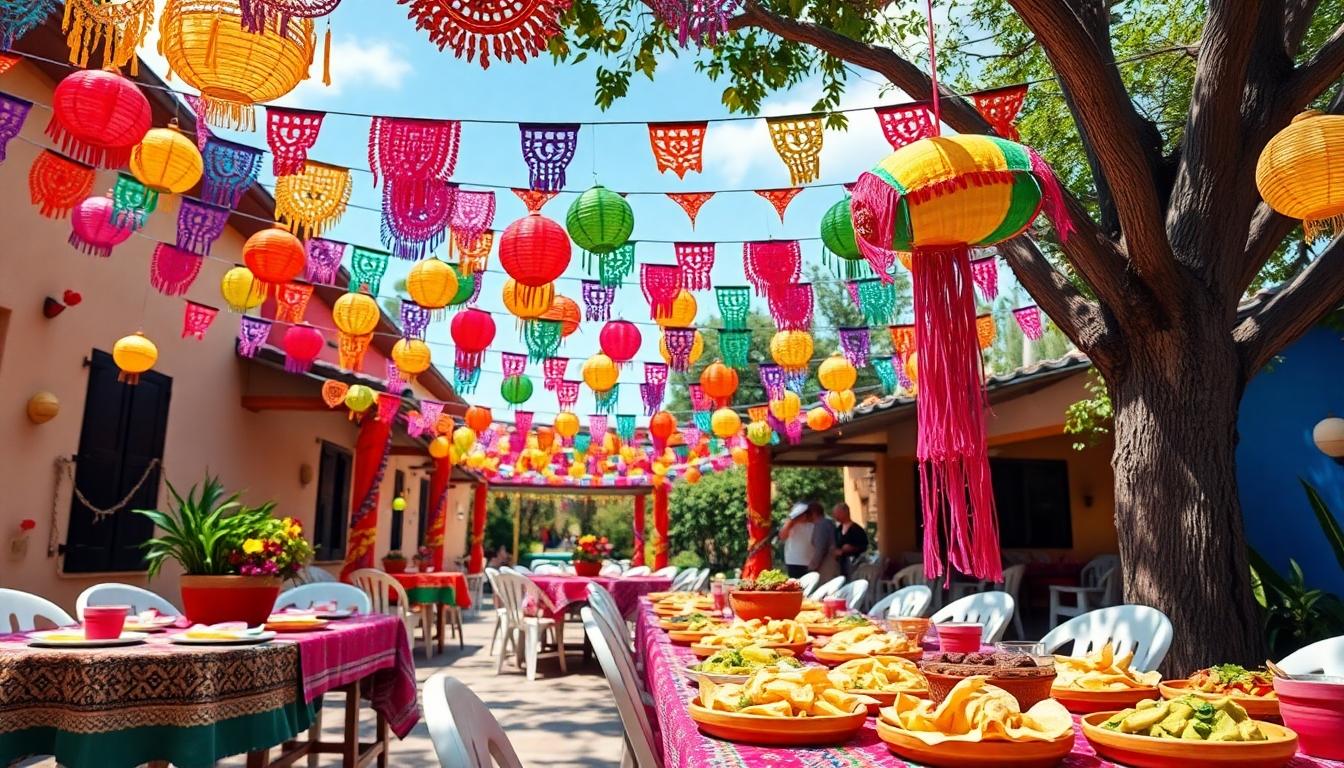
Mexican humor represents a vibrant tapestry of linguistic creativity and cultural richness that blends multiple influences. The unique combination of Spanish and English wordplay forms the foundation of jokes that resonate with both locals and international audiences alike.
The Rich Tradition Behind Mexican Comedy
Mexican comedy draws from a fascinating blend of indigenous, Spanish, and Moorish influences that have shaped the country’s cultural identity over centuries. Daily experiences provide endless inspiration for humor, with food-related jokes like “Why do Mexicans have tamales for Christmas? So they’ll have something to unwrap” highlighting beloved traditions in a lighthearted way. Cultural elements such as mariachi music, festive celebrations featuring piñatas, and rich folklore all serve as fertile ground for clever wordplay. Bilingual humor thrives in this environment, creating puns like “What do you call a Mexican bird that’s a detective? A clue-can!” that showcase linguistic dexterity between Spanish and English. Family dynamics, fiesta culture, and cuisine (particularly tacos, nachos, and guacamole) frequently appear in jokes that celebrate the warmth and vibrancy of Mexican life.
Handling Cultural Sensitivity in Humor
When enjoying Mexican humor, understanding the line between appreciation and appropriation becomes essential for respectful engagement. Context plays a crucial role in determining whether jokes like “How many Mexicans does it take to run a computer? Dos” are received as playful wordplay or problematic stereotyping. The best Mexican humor balances cultural pride with respectful acknowledgment of shared experiences rather than relying on reductive clichés. Food-related puns such as “I love Mexican food; it’s taco-bout delicious!” tend to remain broadly relatable and less contentious than jokes targeting exact groups or perpetuating harmful stereotypes. We recommend focusing on the clever linguistic connections and cultural celebrations that make Mexican wordplay so delightful rather than jokes that might inadvertently offend. The richest humor comes from an authentic appreciation of the language, traditions, and ingenuity that characterize Mexican cultural expression.
Food-Based Mexican Jokes That Will Make You Hungry for More

Mexican cuisine offers a feast not just for your taste buds but also for your funny bone. These food-based jokes combine our love for delicious Mexican dishes with hilarious wordplay that’s sure to spice up any conversation.
Taco ‘Bout Funny Punchlines
Tacos provide the perfect wrap for some truly delicious humor. “Why don’t tacos ever get cold? Because they always stay wrapped up!” This clever joke plays on the practical design of this beloved Mexican staple. Another crowd-pleaser asks, “What do you call a sad tortilla?” with the punchline “A ‘tear’-tilla!” perfectly capturing the sound-alike wordplay that makes food puns so entertaining.
Social media enthusiasts will love caption-ready phrases like “Taco ’bout a good time #TacoLife” or “Let’s taco ’bout it #TacoTuesday” which seamlessly blend food references with everyday expressions. The humor extends beyond the obvious with jokes like “The taco couldn’t find its way home because it lost its filling of direction,” creating layered wordplay that works on multiple levels.
Nacho Average Jokes About Mexican Cuisine
Nachos and quesadillas serve up a platter of cheesy humor that’s impossible to resist. When someone asked a quesadilla if it was single, it cleverly replied, “I’m nacho type.” This pun works brilliantly because “nacho” sounds like “not your” while staying firmly in the Mexican food theme. Similarly, the joke “How do you make a nacho laugh? You tell it something cheesy” doubles down on the dairy-based humor.
Guacamole offers ripe opportunities for avocado-themed comedy with lines like “You guac my industry with every bite” making for perfect food appreciation posts. Creative scenarios add flavor to these jokes, such as “The magician performed his best guaca-dabra trick, making the avocado disappear.” Mexican cuisine humor extends beyond exact dishes with universal observations like “When life gives you lemons, make margaritas” and “The chili and the tortilla had a heated argument, but in the end, they decided to wrap it up,” showcasing how Mexican food elements create a rich foundation for wordplay and witty observations.
Mexican Weather and Geography Puns That Will Leave You in a Heatwave of Laughter
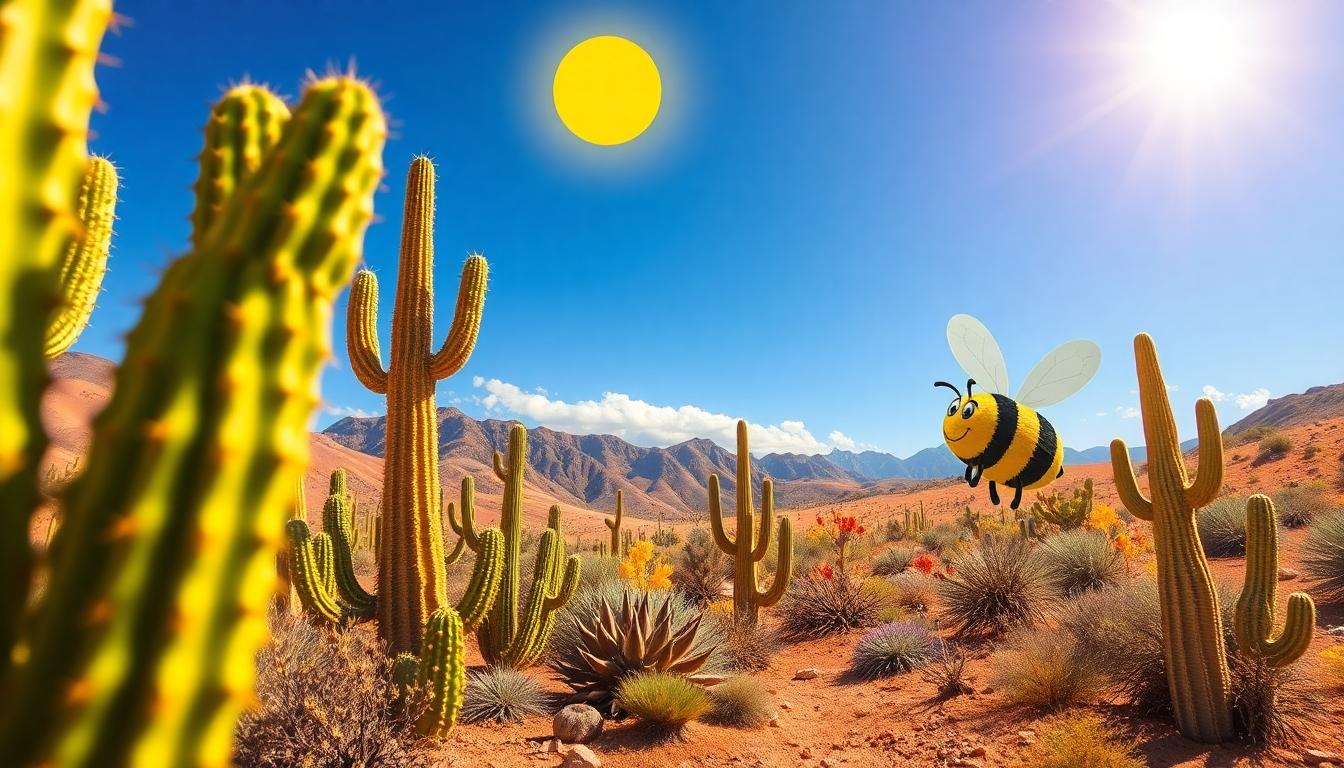
Mexico’s diverse landscapes and unique climate create the perfect foundation for hilarious jokes and puns. From scorching deserts to bustling borders, we’ve gathered the funniest geography and weather-themed Mexican humor that’s guaranteed to brighten your day.
Desert and Climate Quips
Looking for some sizzling humor to match Mexico’s famous heat? These desert and climate jokes will have you laughing while reaching for a cold drink:
- Sun Therapy – Why did the sunbeam go to therapy in Mexico? It had a burning issue that needed resolution.
- Cactus Contentment – What do you call a happy cactus in the Mexican desert? A prickly personality with a positive outlook.
- Prepared Precipitation – Why did the Mexican raindrop bring an umbrella? It was worried about being just another drop in the ocean.
- Party Heat – Why did the heat wave go to the party in Mexico? Because it heard it was a hot ticket item that nobody wanted to miss.
Border-Crossing Wordplay
The unique geography of Mexico’s borders provides ample material for clever puns and jokes that traverse cultural boundaries:
- Busy Bee – Why did the bee cross the border from Mexico to the U.S.? To get a honey of a deal on the other side.
- Therapy Session – Why did the Mexican fence make an appointment with a psychologist? It had too many unresolved “wall” issues to handle alone.
- Wrapped Journey – What did the taco say when it finally crossed the border? “I’m just trying to wrap up this journey before I fall apart!”
Family and Tradition Jokes That Celebrate Mexican Culture
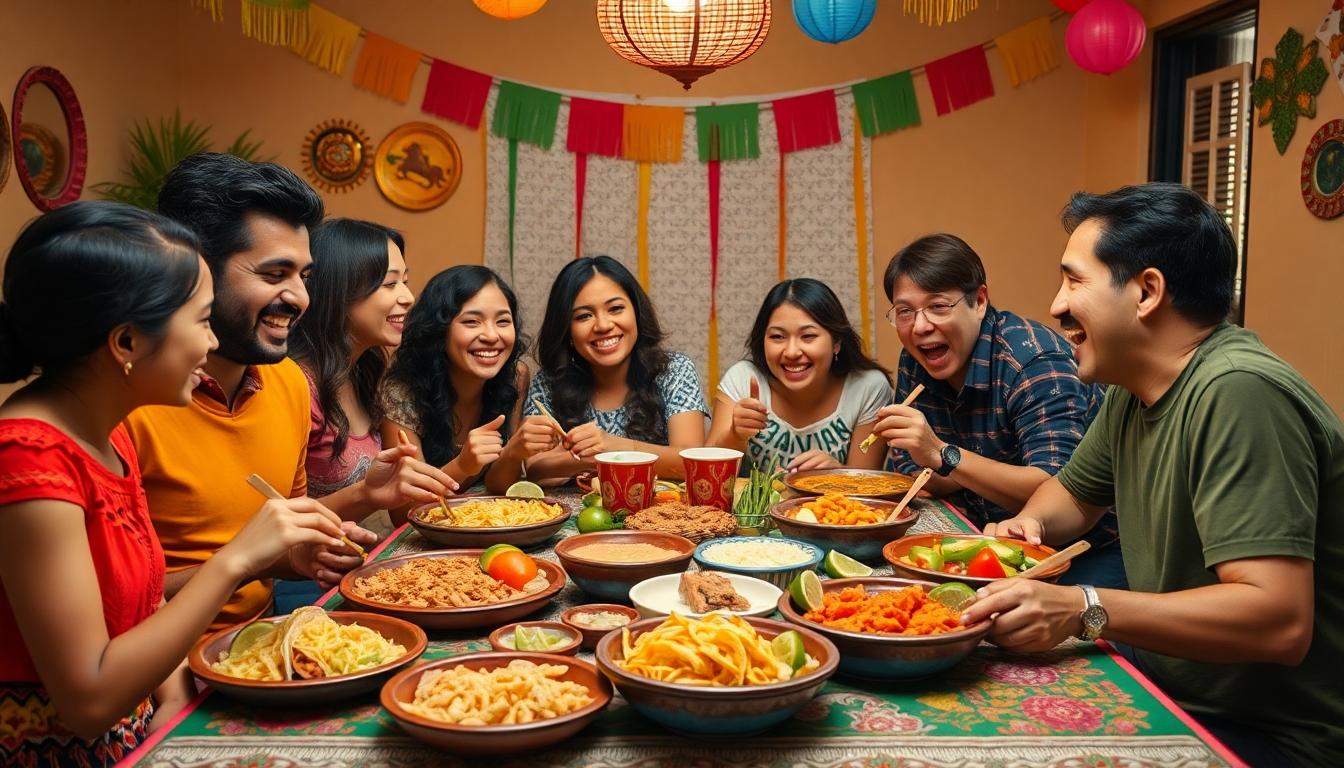
Mexican humor brilliantly weaves together family values and cultural traditions, creating jokes that resonate across generations. Family-centered puns and jokes often capture the essence of Mexican heritage while bringing smiles to everyone’s face.
Abuela and Family Dynamics Humor
Family roles in Mexican culture provide endless material for lighthearted comedy. The beloved abuela (grandmother) frequently stars in jokes that playfully highlight generational differences and the special wisdom only grandmothers possess. Consider this wordplay that connects family raising with insect humor: “What do you call a sneaky Mexican ant? A cre-ant!” The pun cleverly refers to “criar,” which means “to raise” children in Spanish.
Food-related family jokes also abound in Mexican humor. “I’m in a serious frijole-tionship with this burrito!” perfectly captures the deep love affair many have with traditional bean dishes. Family gatherings typically center around meals, making “My love for Mexican food is taco-verwhelming!” a relatable sentiment for anyone who’s experienced a Mexican family dinner.
Relationship dynamics get the humorous treatment too, often through anthropomorphized food items. “Why did the guacamole break up with the salsa? It found someone a little more dip-licious!” mirrors family interactions while celebrating beloved Mexican ingredients.
Fiesta and Celebration Punchlines
Mexican celebrations provide rich material for jokes that emphasize community joy and festive traditions. “Having a fiesta is always a guac-ing good time” blends the essential party food (guacamole) with celebration themes, creating a pun that’s perfect for social gatherings.
Musical elements of Mexican fiestas inspire creative wordplay like “What do you call a group of musical burritos? A ‘wrap’ band!” This joke cleverly connects traditional Mexican cuisine with the musical components essential to any proper celebration.
Even math gets the fiesta treatment: “Why did the pepper excel at math? It calculated its spice level!” Spicy foods, central to Mexican celebrations, become personified in this humorous take on party preparation.
Traditional Mexican bread isn’t left out of the fun either: “Why did the Mexican bread go to school? To become a smart roll!” This joke plays on education values while referencing the importance of bread in Mexican cuisine and family meals.
Dance-related humor adds movement to the fiesta atmosphere: “What’s a Mexican cow’s favorite dance? The tango!” While blending animal imagery with cultural elements, this joke celebrates the importance of dance in Mexican celebrations.
Mexican Spanish Language Puns for Bilingual Chuckles
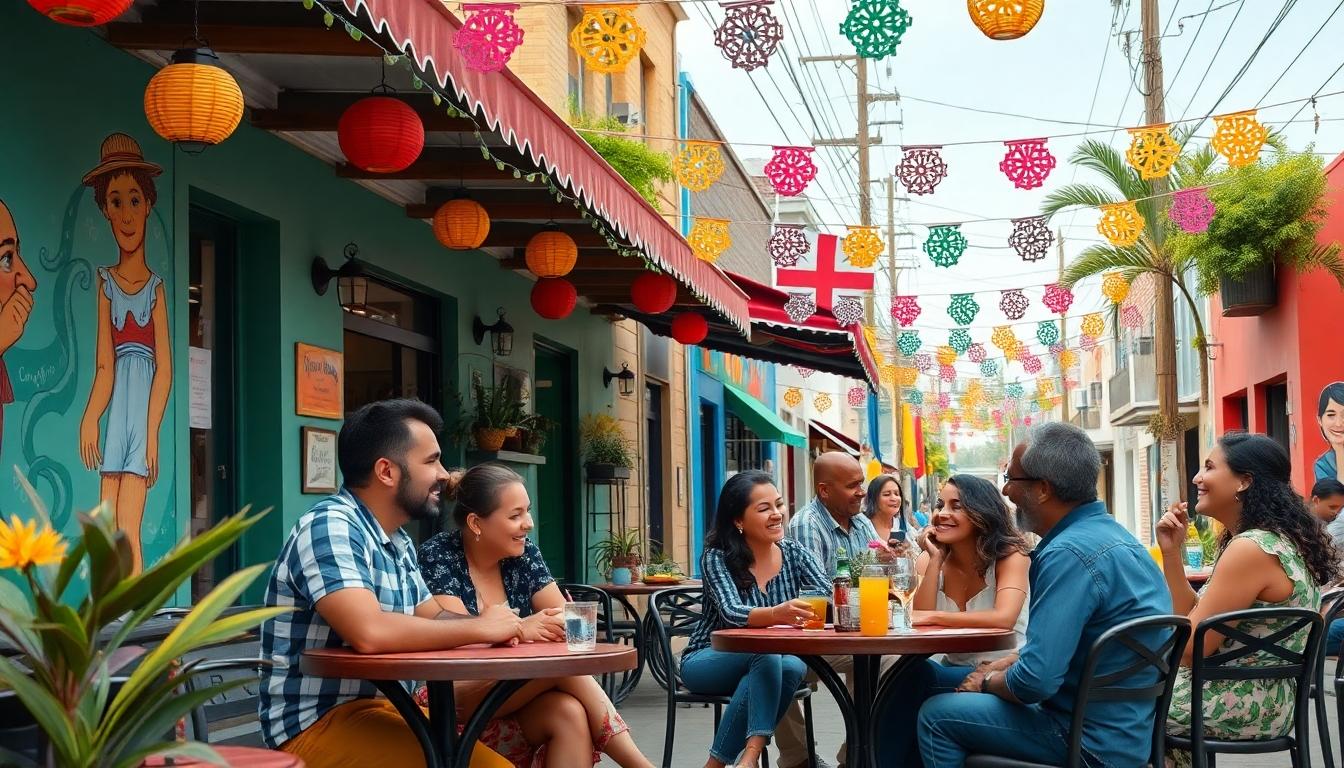
Mexican Spanish puns showcase the delightful linguistic creativity that emerges when two languages collide, creating humor that’s truly unique to bilingual experiences.
Lost in Translation Humor
Mexican jokes often lose their comedic punch when translated directly into English due to their reliance on Spanish wordplay and cultural references. The humor frequently hinges on double meanings or phonetic similarities that simply don’t exist when converted to another language. Many jokes use exact Spanish idioms or colloquialisms that carry cultural context unfamiliar to non-Spanish speakers. For instance, a common pun plays on “techo de menos” (roof of less), where a roof says “I miss you” to another roof – a joke that makes perfect sense in Spanish but falls flat in direct English translation. This linguistic gap demonstrates why cultural context matters so much in understanding humor across language barriers.
Spanglish Jokes That Work in Both Languages
Spanglish jokes brilliantly bridge the gap between English and Spanish, creating humor accessible to bilingual audiences. These clever puns often incorporate wordplay that functions in both languages simultaneously. Many Spanglish jokes use the similar pronunciation of certain words to create double meanings that resonate with those who understand both languages. For example, puns playing with “sin cero” (without zero) and “sincero” (sincere) showcase how slight pronunciation shifts can completely transform meaning in a humorous way. Some jokes cleverly incorporate English words like “Zumba” into Spanish contexts, creating puns about a bee (abeja, which sounds like “a bee ha”) in the gym. These bilingual jokes reflect the beautiful linguistic fusion that happens in multicultural communities, where language boundaries blur into creative expression.
How to Share Mexican Jokes Respectfully While Appreciating the Culture
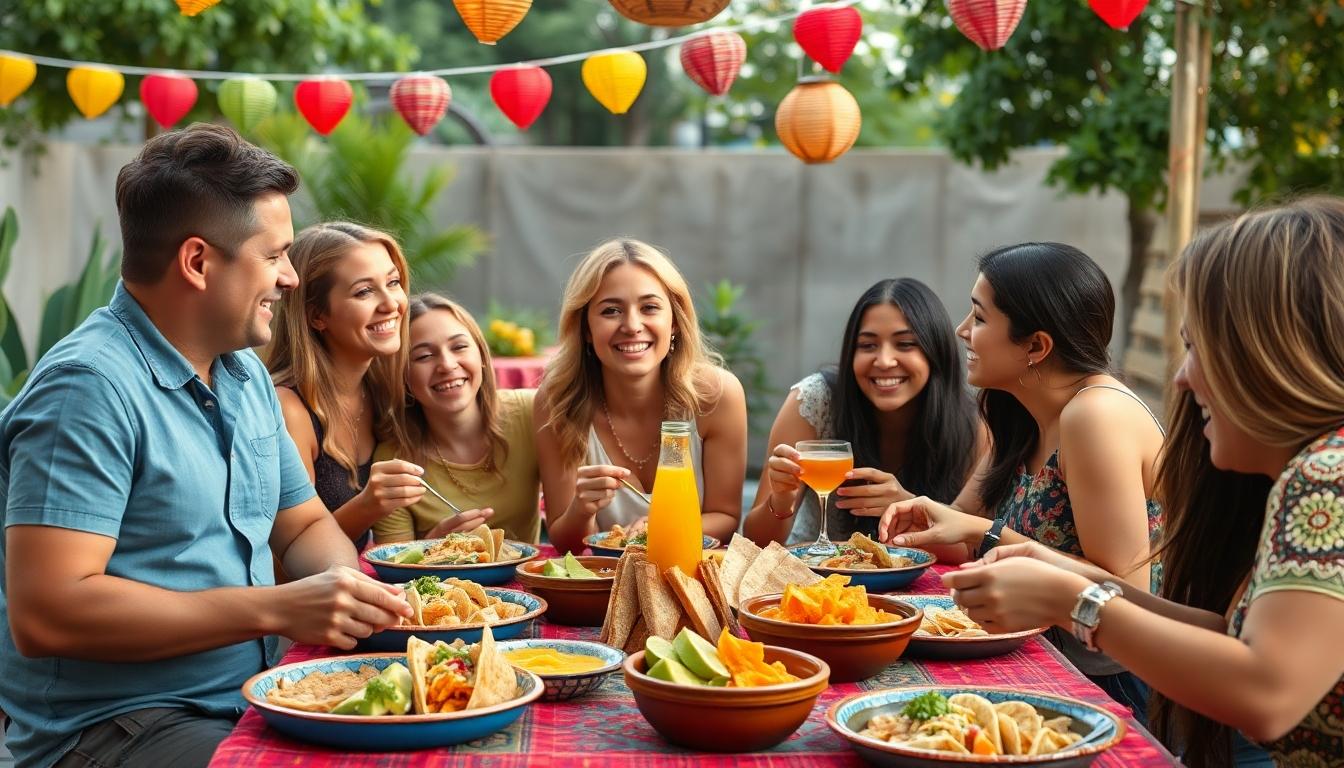
Understand the Cultural Roots
Mexican humor has deep historical roots that blend indigenous traditions, Spanish colonial influences, and modern cultural elements. We’ve found that the most appreciated jokes acknowledge this rich tapestry rather than reducing it to stereotypes. Authentic Mexican humor often employs wordplay (juegos de palabras) and irony as vehicles for social commentary. These linguistic traditions date back centuries and continue to evolve in contemporary Mexican society.
Focus on Wordplay Instead of Stereotypes
The best Mexican jokes celebrate linguistic creativity rather than relying on tired clichés. Consider puns like “plant-ero” (a gardener) or “pun-rito” (a joke-telling burrito) that showcase clever language mixing. Jokes about universal themes such as food work particularly well—”Why was the jalapeño popular? It brought the heat!” This approach highlights cultural appreciation without crossing into insensitive territory.
Provide Cultural Context
Mexican humor doesn’t exist in a vacuum—it’s deeply connected to historical events, societal norms, and daily life experiences. We should always share jokes with their appropriate context intact. For example, many jokes about U.S.-Mexico cultural contrasts serve as subtle forms of resistance or social critique. Without understanding this function, audiences might miss the deeper meaning behind the humor.
Acknowledge Sources and Influences
Respectful sharing means recognizing where jokes originate and their cultural significance. Many elements of Mexican comedy can be traced to literary traditions like Cervantes’ satirical works. By acknowledging these influences, we show respect for the intellectual and cultural heritage that shapes Mexican humor today.
Avoid Decontextualizing Content
Jokes that rely on bilingual understanding, like “tale-ero” (storyteller), require familiarity with both English and Spanish to be properly appreciated. Removing this linguistic context not only diminishes the humor but potentially misrepresents the cultural expression. Always maintain the integrity of jokes that depend on exact cultural knowledge or language skills.
Celebrate Rather Than Appropriate
Share jokes that genuinely celebrate Mexican cultural vibrancy, such as the playful “guac and roll” for avocado-related humor. This approach honors traditions without trivializing them. The distinction between appreciation and appropriation often lies in whether the humor uplifts or diminishes the cultural elements it references.
Emphasize Shared Human Experiences
Many Mexican jokes address universal themes—family dynamics, food appreciation, everyday mishaps—that resonate across cultural boundaries. These shared experiences create bridges of understanding while still honoring the uniquely Mexican expression of these common situations. Focusing on these universal connections helps ensure jokes bring people together rather than creating division.
Conclusion: Why Mexican Humor Continues to Spice Up Comedy Worldwide
Mexican jokes and puns offer a unique blend of cultural richness linguistic creativity and heartwarming relatability that transcends borders. We’ve explored how these witty expressions draw from family traditions delicious cuisine and the colorful landscapes that make Mexico special.
The beauty of Mexican humor lies in its ability to connect people through laughter while celebrating a vibrant heritage. Whether you’re sharing these jokes at your next fiesta or brightening someone’s day with a clever taco pun the joy is universal.
Remember that the best humor comes from appreciation rather than appropriation. By understanding the cultural context behind these jokes we can all enjoy the spicy flavor of Mexican comedy while respecting its origins. ¡Que viva el humor mexicano!
Frequently Asked Questions
What makes Mexican jokes and puns unique?
Mexican jokes and puns blend Spanish and English influences, creating a vibrant tapestry of linguistic creativity. They draw from indigenous, Spanish, and Moorish cultural traditions while incorporating daily experiences, food references, family dynamics, and celebrations. This unique cultural fusion gives Mexican humor its distinctive flavor and appeal that resonates across different audiences.
Are these jokes appropriate to share at social gatherings?
Yes, the jokes presented are designed for social sharing at gatherings like fiestas or family events. However, it’s important to focus on clever wordplay and cultural appreciation rather than stereotypes. The best Mexican humor celebrates cultural richness while remaining respectful, making these light-hearted jokes perfect for brightening conversations when shared appropriately.
Why do food references appear so often in Mexican jokes?
Food references are central to Mexican humor because cuisine plays a fundamental role in the culture. Popular dishes like tacos, nachos, and guacamole provide rich material for wordplay and puns. These culinary jokes reflect the importance of food in family gatherings and celebrations, creating relatable humor that connects to everyday Mexican life experiences.
What is Spanglish and how does it enhance Mexican jokes?
Spanglish is the creative blending of Spanish and English languages, which creates unique opportunities for bilingual wordplay. These jokes often rely on shared pronunciations, double meanings, and cultural references that bridge both languages. Spanglish humor particularly resonates with bilingual audiences who understand the nuances of both languages, creating deeper layers of comedic meaning.
How can I share Mexican jokes respectfully?
Share Mexican jokes that focus on clever wordplay rather than stereotypes. Provide cultural context when appropriate, acknowledge sources, and avoid decontextualizing content. The best approach celebrates rather than appropriates cultural elements, focusing on shared human experiences that foster understanding and connection across cultural boundaries.
Why don’t Mexican jokes always translate well to English?
Mexican jokes often rely on Spanish idioms, cultural references, and language-specific wordplay that lose their comedic effect when directly translated to English. The humor frequently depends on understanding cultural contexts, double meanings in Spanish, or Spanglish combinations that simply don’t exist in a single-language format.
What role does family play in Mexican humor?
Family is central to Mexican humor, with the abuela (grandmother) often featured as a beloved character. Many jokes playfully address generational differences and family dynamics, particularly around gatherings and meals. This family-centered humor reflects the strong importance of kinship and tradition in Mexican culture.
Are there regional differences in Mexican humor?
Yes, Mexican humor varies by region, reflecting diverse landscapes, local traditions, and dialect differences throughout the country. Geography and weather-themed jokes highlight Mexico’s varied environments, from desert to coastal areas. These regional differences add richness to Mexican humor, creating distinctive styles and references depending on the area.

